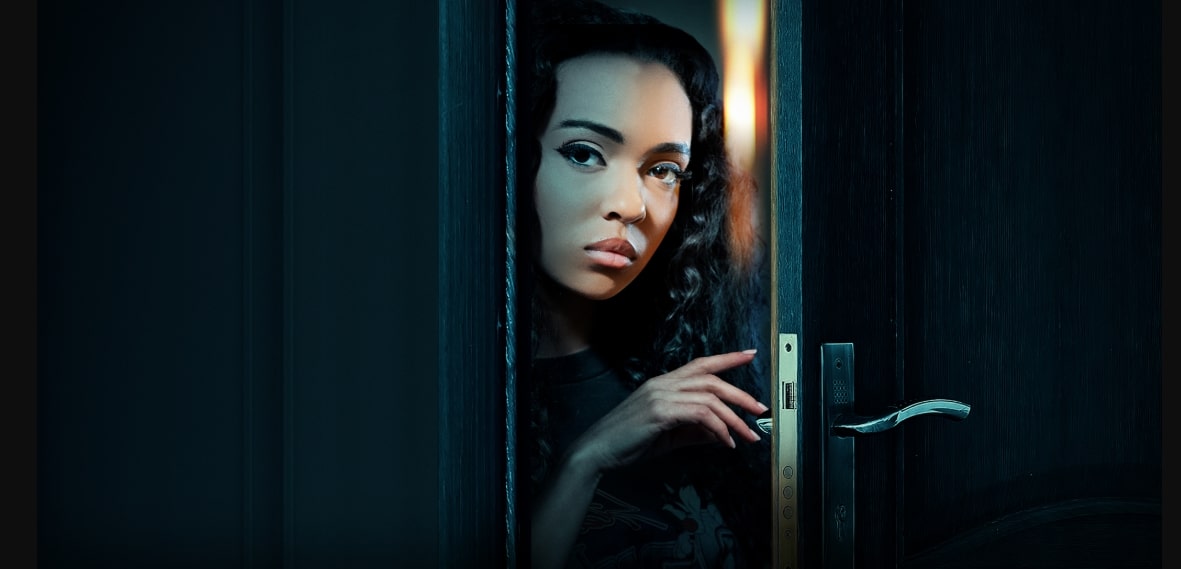Lifetime’s ‘The Stepdaughter‘ and its sequel ‘The Stepdaughter 2’ are taut thrillers that explore the dark and complicated dynamics of family, trust, and revenge. The story follows Joanna Lawrence, a teenage girl who goes to live with her biological father and stepmother, only to bring her own ulterior agenda with her. She is convinced that her stepmother is to blame for the deaths of her mother and grandmother, and with this belief fueling her anger, she sets out on a dangerous path.
Joanna wants to get close to her father and is willing to go to extreme lengths to achieve her goal, even if that means committing murder. The sequel continues her story after a brief stay in a hospital, where Joanna returns to her father’s home with her unresolved resentment still intact. Directed by Chris Stokes, the films touch upon themes of teen rage, jealousy, confusion, and the search for someone to blame. The narrative of both films offers a peek at how far revenge can drive a young mind and the far-reaching consequences it can bring about.
The Stepdaughter Movies Underline the Dangers of Unresolved Familial Conflicts
‘The Stepdaughter’ and ‘The Stepdaughter 2’ offer a narrative that highlights the complexities of teen anger and violence. It places emphasis on how these emotions, if left unchecked, undiagnosed, or unsupported, can spiral into destructive behaviors. Written by Marques Houston and Chris Stokes, the stories are fictional but resonate with real-life parallels. While not based on actual events, they reflect troubling patterns seen in numerous reported cases where untreated adolescent struggles have led to tragic outcomes, fractured families, and long-term consequences.

By creating a dramatic story around Joanna Lawrence’s turmoil, the films underscore the urgent need for empathy, communication, and mental health intervention. They remind us that recognizing the root causes of teen anger and guiding it in healthy directions is vital in every way. One of the frequently quoted cases that lays out how hidden anger and manipulation within families can erupt into violence is that of Jennifer Pan. On November 8, 2010, Jennifer, a Canadian woman from Markham, Ontario, orchestrated a murder-for-hire plot against her strict parents, Bich Ha and Huei Hann Pan.
Per reports, motivated by years of pressure to excel academically and maintain the appearance of success, Jennifer fabricated lies about her education and relationship. When her parents discovered her deceptions, tensions escalated. That night, intruders entered the Pan household, fatally shooting Bich Ha and critically injuring Huei Hann. Jennifer initially posed as a victim but was soon exposed through phone records and inconsistencies in her story. Convicted in 2014, she received a life sentence with no parole eligibility for 25 years. Similar to the film, Jennifer’s motivation for the crime also came from years of unregulated emotions and how they remained unaddressed.
The Movies Highlight the Real Risks of Unchecked Teen Anger
‘The Stepdaughter’ movies mirror real-life tragedies where family conflicts turn deadly, much like the case of Jasmiyah and Tasmiyah Whitehead. On January 13, 2010, in Conyers, Georgia, the 16-year-old identical twins killed their mother, Jarmecca “Nikki” Whitehead, during a violent altercation. According to reports, authorities found Nikki stabbed in her home and believed it was the result of escalating clashes between the girls and their strict mother. Initially, the twins reportedly staged the scene to look like an outside attack, but their alibis fell apart. In 2014, both pleaded guilty to voluntary manslaughter and were sentenced to 30 years in prison.

In conclusion, the Lifetime productions expand on the familiar stereotypes surrounding stepfamily relationships, which are often depicted as tense or strained. Yet, they also invite a deeper look into the complexities of these dynamics. By intertwining themes of mistrust, rivalry, and violence, ‘The Stepdaughter’ and ‘The Stepdaughter 2’ reflect how such issues bear the possibility of sometimes escalating into harmful consequences.
Read More: Is Lifetime’s Do Exactly as I Say Based on a True Story?


